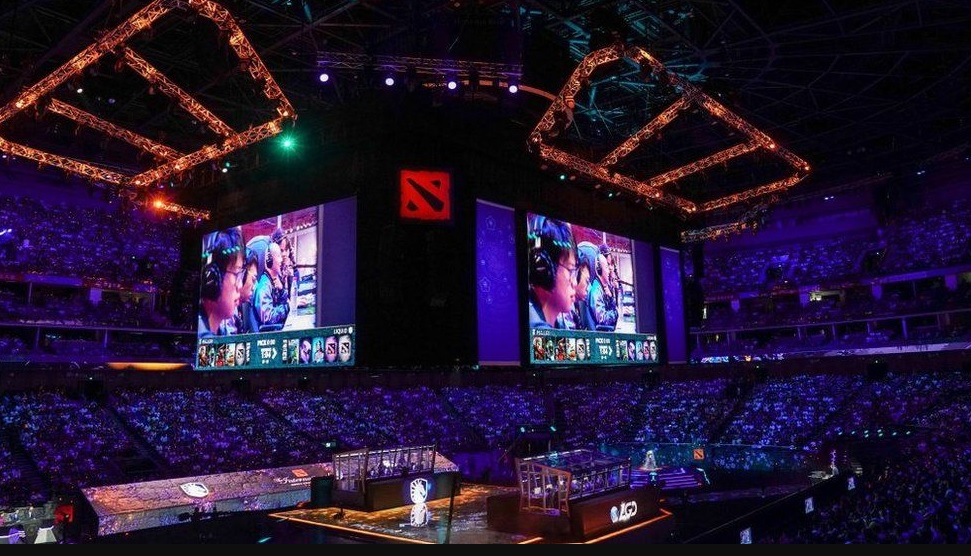Cheating remains a persistent problem in the world of esports, undermining the integrity and skill that should be the cornerstone of every competition. While it’s prevalent in casual matches, where players’ efforts are nullified by malicious software, it’s also an uncomfortable reality in high-profile tournaments, casting doubt on the credibility of major events.
History and Evolution of Cheating in Esports
From the early days of competitive gaming, deceit has been present. Even in the arcade era, players were caught cheating to surpass high scores, with some instances only coming to light decades later. Today, cheating in esports is a significant issue across various games, from Dota to Fortnite.
One of the most notorious cases involved CS:GO player Forsaken, who was caught using cheating software disguised under the innocuous filename “word.exe” during a professional LAN tournament. This case underscores not only the audacity of cheaters but also the sophistication of the techniques they employ to evade detection.
Cheating Software and Its Impact on Competitive Games
First-person shooters like CS:GO are particularly susceptible to cheating due to widely available software that has become extremely sophisticated. These programs are designed to evade traditional detection methods, further complicating the task for tournament organizers to maintain a level playing field.
We need to have a discussion about cheating.
byu/NexxZt inGlobalOffensive
The phenomenon isn’t limited to shooters. Strategy games like Dota 2 have also witnessed notorious incidents of cheating. During a qualifier for The International 2018, a player was caught using automatic scripts, with their organization absurdly attempting to defend them by claiming ignorance of the inappropriateness of their use.
Industry Response to Cheating
Despite the challenges, organizers’ responses to cheating incidents have been mostly appropriate and decisive. In Apex Legends, for example, a hacker managed to activate cheats on players’ devices remotely during a regional final. This incident, which could have had disastrous consequences if maliciously exploited, was swiftly addressed, and the tournament was reorganized after identifying and apprehending the culprit.
Disciplinary measures have ranged from disqualification to permanent bans. Fortnite, for instance, has implemented severe sanctions, including the permanent ban of a popular streamer involved in cheating practices.
Ethical Implications of Cheating
Beyond technical complications, cheating in esports raises profound ethical concerns. The prevalence of specialized cheating software reflects a crisis of values among certain segments of the gaming community.
Understanding the mindset of cheaters, who sacrifice the authenticity of their victories for undeserved achievements, is crucial to addressing this issue.

